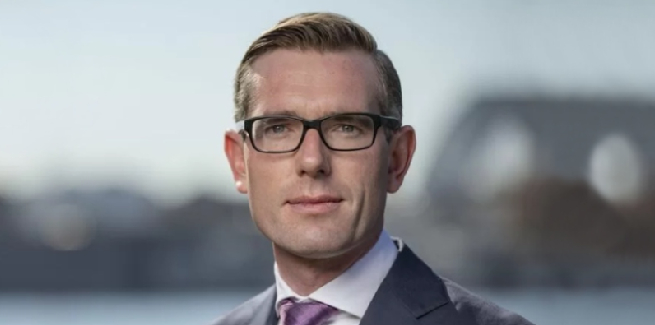NSW Premier Dominic Perrottet has confirmed that the state will be giving eligible borrowers the option of paying stamp duty (based on the “dutiable value” of the property) or an annual property tax from 16 January 2023.
The property tax option will be available for properties for up to $1.5 million and the property will not be locked into the scheme if it is sold.
Home buyers must move into the property within 12 months of purchase and live in it continuously for at least six months.
Under the new initiative, first home buyers who opt into the property tax will pay an annual property tax plus a percentage of the land value of the property.
The property tax rates for 2022-23 will be:
- $400 plus 0.3 per cent of land value for properties whose owners live in them
- $1,500 plus 1.1 per cent of land value for investment properties.
These tax rates will be indexed each year, so that the average property tax payment rises in line with average incomes.
Property tax assessments will be issued in respect of financial years. For properties that are owned for less than a full financial year, a pro-rata adjustment will be made based on the number of days in the year the property is owned.
A property tax calculator will be available after the enactment of legislation and before 16 January 2023 when buyers can opt in to property tax.
First home buyers will continue to be eligible to apply for full stamp duty exemption for properties up to $650,000, with concessions also remaining in place for properties between $650,000 and $800,000.
The NSW gives the following example to demonstrate how this could work: “Ranit is buying his first home, a $1.2 million townhouse in Newcastle. The land value of this property is $720,000.
“Stamp duty on this purchase is $50,875, and the purchase price is above the threshold for any first home buyer stamp duty concessions.
“In 2022-23, property tax on the property would be $2,560.
“Ranit is not sure how long he will own the property, but he has heard that half of all owner-occupiers sell their property within about 10 years.
“Not having to pay stamp duty would really help to lower the up-front costs of the purchase, so Ranit chooses the property tax.”
The move forms part of a multibillion-dollar housing package announced in the 2022-23 NSW budget to deliver “quality, accessible and affordable” housing across NSW.
Speaking ahead of the release of the state’s full budget, the Premier said he hoped the option of stamp duty or annual tax would help a broader group to become first home buyers, suggesting that stamp duty adds about two years to the time required to save the upfront costs of the median NSW dwelling (based on an NSW household with the median income saving 15 per cent of their income).
The state estimated that, together with existing first home buyer initiatives, the government will be offering support to about 97 per cent of all first home buyers, or about 55,000 people per year.
“We want to lower the barriers to owning a home for first home buyers seeking a place of their own,” Mr Perrottet said.
“In the past two decades, the share of first home buyers under 35 years of age has declined from 67 per cent to 61 per cent. Lifting home ownership is part of this Government’s efforts and ambition to help families who are feeling the squeeze.
“The First Home Buyer Choice will remove one of the largest upfront costs to buying a home and help deliver a brighter future for first home buyers.”
Treasurer Matt Kean said the NSW government had allocated $728.6 million over the next four years to help first home buyers get a foot on the property ladder.
“We know that first home buyers are being forced to enter the property market later in life and this reform will make the property market more accessible for them,” Mr Kean said.
“It will mean more NSW residents will get into their first home at an earlier age and achieve the great Australian dream of home ownership.”
Minister for Planning and Minister for Homes, Anthony Roberts, said the property tax option for first home buyers will help increase home ownership across NSW.
“The NSW Government is also looking at initiatives to help boost housing supply by cutting planning assessment timeframes, co-funding enabling infrastructure and investing in new and improved social housing,” Mr Roberts said.
“This Government will use every lever at its disposal – including tax, planning, supply, or working with the Commonwealth – to give more people in NSW the opportunity to own their own home.”
[Related: NSW commits another $500m into housing]
 ;
;